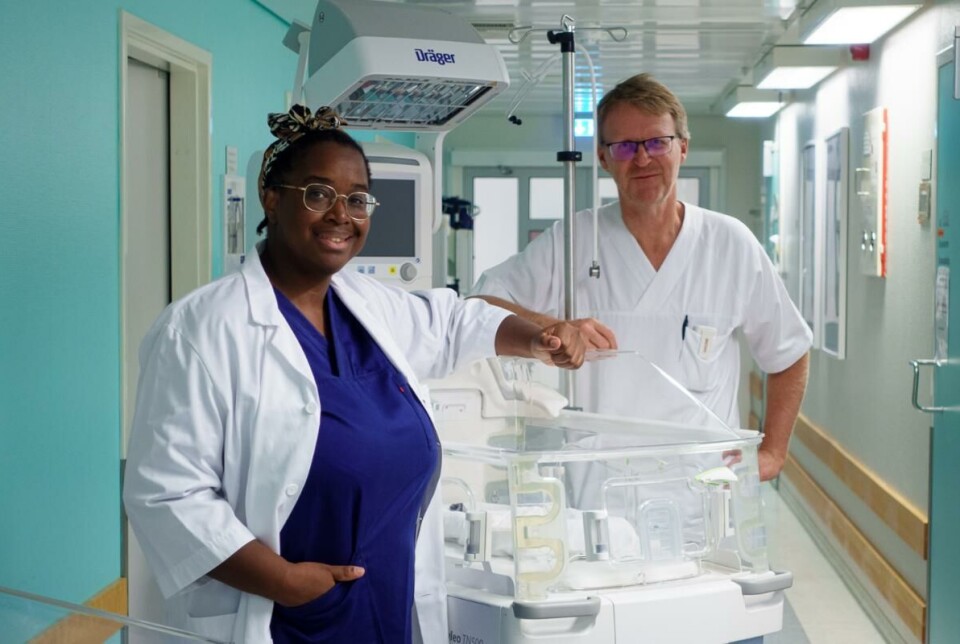THIS CONTENT IS BROUGHT TO YOU BY UiT The Arctic University of Norway - read more

New study: Streptococcal vaccines are both safe and effective
Nearly 1.5 million newborns are affected by serious infections worldwide each year. New vaccines under development offer hope for less illness, fewer deaths, and reduced antibiotic use.
Group B streptococci (GBS) are a type of bacteria that can cause severe blood stream infection, also known as sepsis, in newborns.
Globally, about 400,000 newborns develop a serious GBS infection annually. About one in five of these will die from such an infection.
"Safe and effective"
Those who survive are at greater risk of developing neurological disorders, such as epilepsy, cerebral palsy, and neurodevelopmental delay.
The problem is most significant in Africa, but many are also affected in countries in the Northern Hemisphere.
“Today, there are two vaccines under development against blood stream infection with GBS. Our study provides strong indications that both of these vaccines will be both safe and effective weapons in the fight against blood stream infection in newborns,” says Aline Bjerkhaug.
She is a doctor and researcher at UiT The Arctic University of Norway.
Together with researchers at other universities and at UiT and CANS – the Centre for New Antibacterial Strategies – she has conducted a systematic review of the research in this field.
They found 20 high-quality studies to assess the mechanisms of action and the biological effects of the two vaccines.
Prefer vaccines over antibiotics
The results give good reason for optimism that we can reduce both the incidence of sepsis and its long-term effects in newborns.
“Today, especially in affluent countries, we give antibiotics to the mother before birth as a precaution, to prevent the baby from contracting this bacterium during birth,” says Bjerkhaug.
She says that instead, we should give the vaccine to the mother when possible. Both to prevent these streptococci from developing antibiotic resistance and to prevent the antibiotics from disrupting the development of the child's gut microbiome.
The gut microbiome is important for the development of a normal immune system and should be disturbed as little as possible.
The two vaccines under development could be on the market around the year 2030, perhaps even earlier.
Reference:
Bjerkhaug et al. The immunogenicity and safety of Group B Streptococcal maternal vaccines: A systematic review, Vaccine, vol. 42, 2024. DOI: 10.1016/j.vaccine.2023.11.056

This content is paid for and presented by UiT The Arctic University of Norway
This content is created by UiT's communication staff, who use this platform to communicate science and share results from research with the public. UiT The Arctic University of Norway is one of more than 80 owners of ScienceNorway.no. Read more here.
More content from UiT:
-
AI can help detect heart diseases more quickly
-
Why does Norway need its own AI law?
-
Researchers reveal a fascinating catch from the depths of the sea
-
How can we protect newborn babies from dangerous germs?
-
This is how AI can contribute to faster treatment of lung cancer
-
Newly identified bacterium named after the Northern Lights is resistant to antibiotics





































